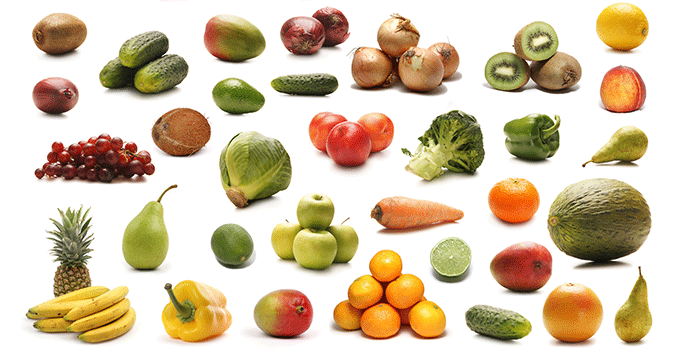The annual pesticide report for 2017 has revealed that almost all of the food samples tested in Denmark adhered to the national pesticide standards.
The report, which was released by the Fødevarestyrelsen food authority in collaboration with the Technical University of Denmark (DTU), showed that 97 percent of all 2,009 tested food samples either contained no pesticide residue or levels below the limit.
The many samples of fruit, vegetables, grain, processed and animal produce were tested against 326 different variants of pesticide.
READ MORE: Denmark leads the way in organic food wares
Lower levels locally
The report (here in Danish) also found that Danish produce generally contains less pesticide residue than their foreign counterparts and consumers can thus minimise their pesticide intake by choosing Danish-produced fruit and vegetables, or organic products.
Traces of pesticide residue were found in 48 percent of samples of Danish-produced fruit – well below the 76 percent produced in the rest of the EU and 73 percent produced outside the EU. A similar trend was visible in vegetables.
In organic produce, pesticide residue was discovered in three of 179 samples, and Fødevarestyrelsen was satisfied that the organic rules were adhered to in all three instances.
READ MORE: Danish government to set up food waste think-tank
Food centre open
In related news, DTU has launched a new innovation centre where students, researchers and companies can test new ideas within the realm of food.
DTU Foodlab at the university’s Lyngby campus offers a wide array of technology, including an experimental kitchen and fermenting system.
The head of DTU Foodlab is Roberto Flore, who was listed among the 25 most innovative people changing the world by Rolling Stone magazine last year.
Check out a video of DTU Foodlab below.















